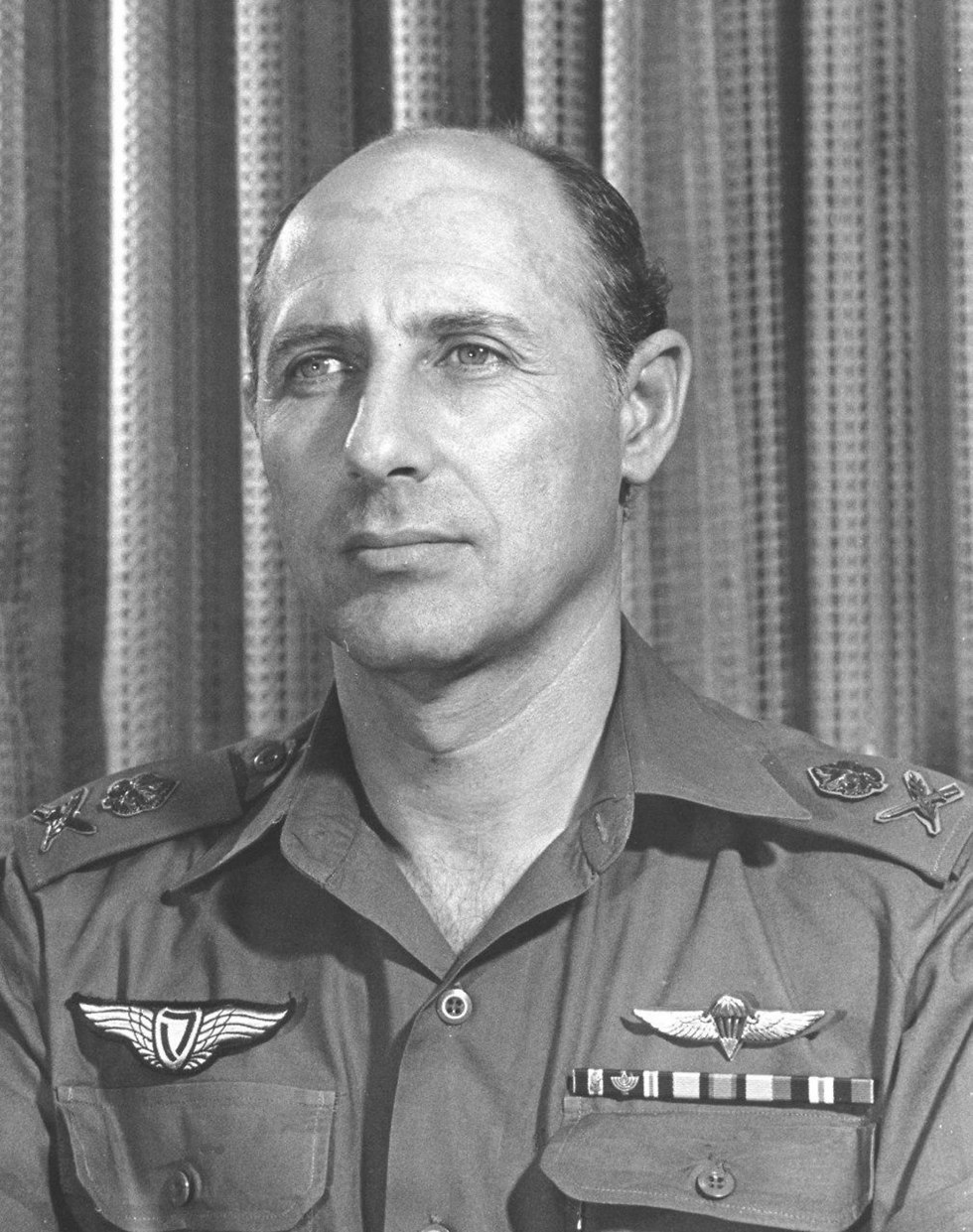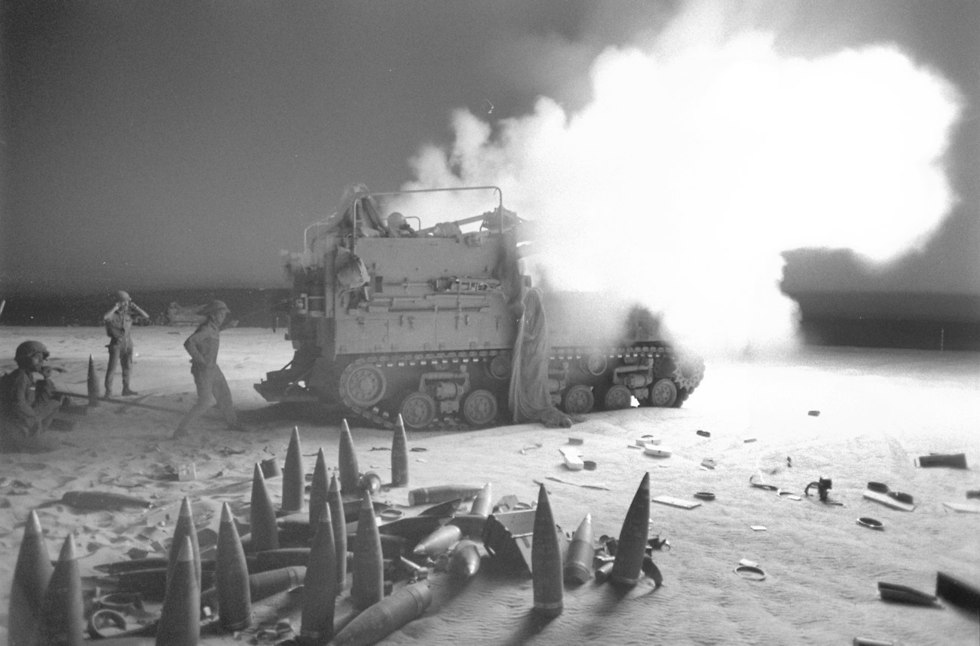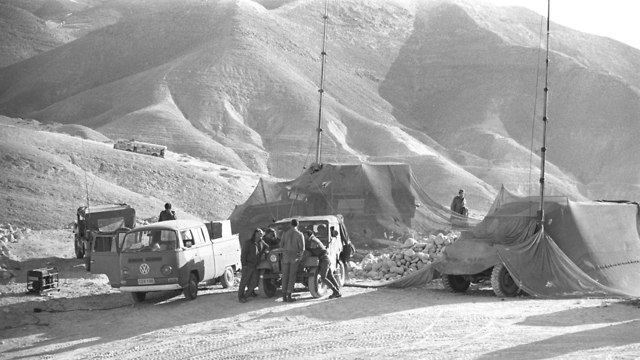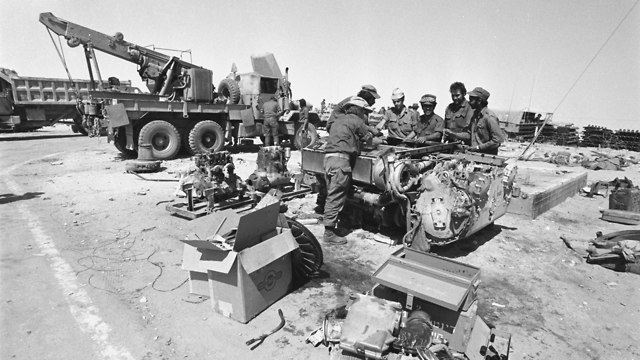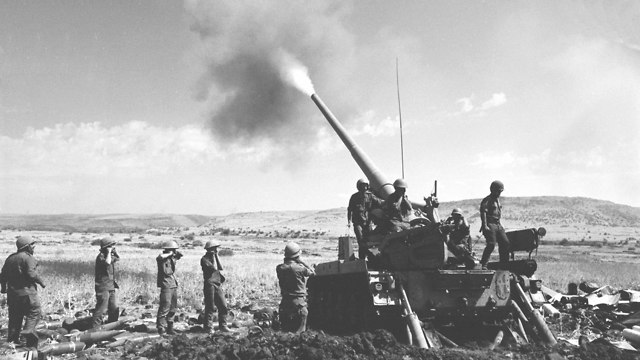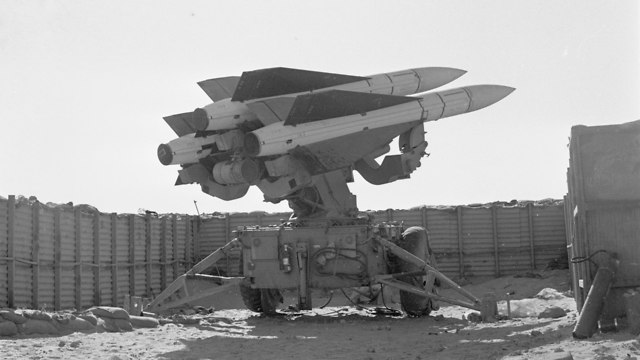
How Israel’s generals were taken by ‘complete surprise’ in 1973
Minutes of a discussion published this week between Israel’s top military brass, including the Military Intelligence Directorate and former IDF chief David Elazar, reveal the extent of the surprise that Egypt and Syria were able to deliver in the Yom Kippur War that would reshape a nation’s military doctrine forever.
Forty-five years have passed since the alarms pierced the silence that fell on Yom Kippur in 1973. The war, which claimed the lives of more than 2,600 people, was a traumatic wound that came to define an entire generation. It was, as the then defense minister Moshe Dayan said in a public speech, “a long, bloody war.”
A new document that was published this week in the IDF archives in the Defense Ministry illustrates the scale of the surprise by which Israel was taken on that fateful day of October 6.
The discussion opened with an intelligence overview by Eli Zeira, the head of the Military Intelligence Directorate, known by its Hebrew acronym, AMAN. Zeira appraised the military brass in attendance of the special deployments and developments in the Syrian and Egyptian regions. In the north, Syria had been in a state of emergency since September 5th, practiced occupying the Golan Heights and moved squadrons to the Damascus region.
In Egypt, Zeira said, wide scale drills were being held by the paratroopers, the Suez Canal area had been reinforced with 300 additional cannons and many tanks were moved toward the waterline. In addition, Zeira emphasized that two major and significant developments had taken place in the last few hours. The first: “The Russians have sent 11 cargo planes carrying people to Egypt … It is not clear why.” The second, he said was that “most of the Soviet vessels have left Alexandria. This is also something that is very very rare.”
According to Zeira, “it could be because of a Russia's fear that we are about to attack. It could be a Russian fear that they are going to attack. And perhaps another reason is internal relations between the Soviet Union, Egypt and Syria.”
Despite the suspicions raised by the unusual deployments and Soviet behavior, Zeira concluded: “None of these things change AMAN’s basic assessment that the likelihood of war initiated by Egypt and Syria is still extremely low … and I would say that the likelihood is low and even lower than low.”
According to his evaluation, the unusual movements by the Syrians and the Egyptians could be attributed to a planned small scale military maneuver. “To conclude, I don’t think we are going to war but I know the situation today has more question marks than 24 hours ago.”
The then IDF chief of staff David "Dado" Elazar accepted the assessment presented by Zeira and agreed with it. “The danger that a war will break out,” he said, “is less likely than the chances of a war not breaking out.”
However, Elazar stressed that the Egyptian defensive deployments were also offensive and that there was no significant proof that they were not preparing to attack. He told the generals that there were two factors that needed to be taken into account. “The first: are they able to attack within a short duration of time if they want. The second: We have no positive proof that they are not ready to attack.”
With the prevailing uncertainty, the IDF was placed on level C state of preparedness which was later raised. Simultaneously, the chief of staff emphasized that “if they do, indeed, intend to attack at the same time from Syria and Egypt, we will still be forewarned.”
The matter of military reservists was also raised in the discussions, according to the minutes. In Elazar’s opinion, in the event of a sudden war, with or without warning, an immediate and swift call up of reservists would have to go into effect. However, Elazar was well aware of the challenges involved in calling up a nation on the fast day of Yom Kippur.
“On this note we face the specific limitation in that there is no radio on Yom Kippur,” he said before offering possible solutions. “Call every telephone in the country and tell them to ‘turn on Army Radio and tell your neighbors to listen. Army radio will constantly broadcast call signs.”
Elazar concluded with the following remarks: “I do not think that they are about to launch a war … I don’t think now or tomorrow is the time for zero hour and if they do have a zero hour, I hope we get a warning. If I was a commentator, I would say: I don’t believe it is going to happen … The fact is that we don’t deal only with commentary but are rather responsible for the situation, we must take the necessary measures.
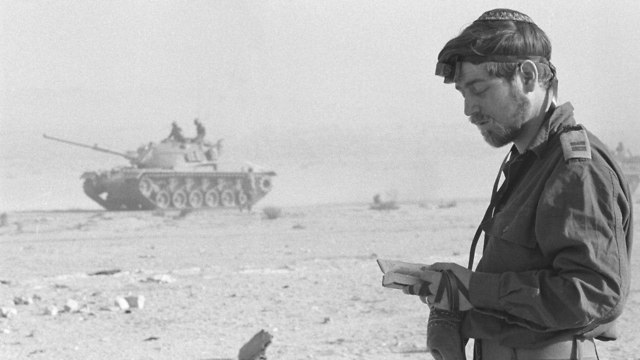
“We will be ready for any situation. As we know, we have no interest in war. And I would seriously not want it to happen to us by complete surprise. It will not be a complete surprise … but if we get a warning and know that it is going to happen within 24 hours and we manage to prepare a little, I am sure we can do so very well and I hope that we will achieve all future plans that are placed in our drawers. Hatima Tova.”
Mossad chief Zvi Zamir sent a letter to then Prime Minister Golda Meir's military secretary on the morning of the war, in which he reported that the senior source, Ashraf Marwan, said that the war was expected to break out in the evening.
Marwan and Zamir met in London. Marwan, who was a senior Egyptian official, estimated that the chances of war breaking out were 99 percent, with the additional percentage attributed to the possibility that Anwar Sadat would regret at the last moment "with his finger on the button."
Zamir proposed a plan of action that Marwan brought up in their conversation: to publish a news item in the media, thereby signaling to Egypt that Israel was aware of their plan in detail and was preparing accordingly. He said this step could thwart the possible plan.
The telegram was published yesterday in the State Archives.










